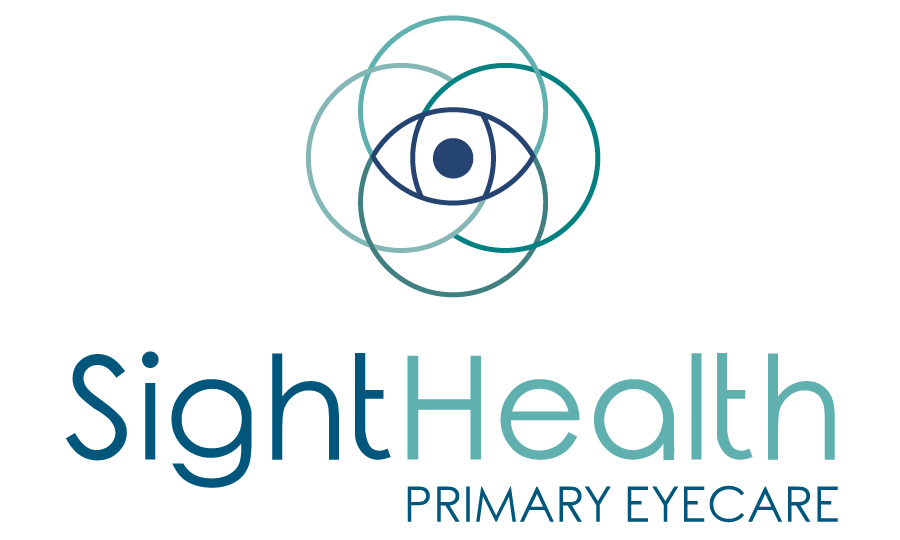
As a parent, ensuring the health and well-being of your child is a top priority. While regular visits to the pediatrician and dentist are routine, eye exams often don't get the attention they deserve. At Sight Health Primary Eyecare, we believe that early eye exams are essential for your child's overall development and well-being. Dr. Rebarber, a proud participant in the InfantSEE® program, recommends the first eye exam for your child as an infant. Here’s why these exams are so crucial and what you can expect during the process.
Why Test Kids' Eyes Early?
Early eye exams are vital because they help detect and correct vision problems that can impact your child's development. Good vision is essential for learning and interacting with the world. Here are a few key reasons why early eye exams are necessary:
- Early Detection of Vision Problems: Conditions such as amblyopia (lazy eye), strabismus (crossed eyes), and significant refractive errors (nearsightedness, farsightedness, or astigmatism) can be identified and treated early, preventing long-term vision issues.
- Developmental Milestones: Vision is closely linked to development. Detecting vision problems early ensures that your child can reach their developmental milestones on time, which is crucial for their growth and learning abilities.
- School Readiness: Many learning activities are visual. Ensuring your child has good vision can significantly impact their success and comfort in school, from reading to participating in sports.
How Do We Test Kids' Eyes?
Testing young children's eyes is different from adult eye exams. Here's what typically happens during a pediatric eye exam:
- Behavioral Observation: For infants and very young children, the eye doctor will observe how your child’s eyes move and respond to light and objects. They will look for signs of any abnormalities or misalignment.
- Visual Acuity Tests: Depending on your child's age, these tests can vary. For toddlers, it might involve matching pictures or identifying shapes and letters. Older children might use a standard eye chart.
- Ocular Health Assessment: The doctor will examine the structure of your child's eyes, checking for any signs of congenital issues or diseases.
- Refraction Tests: Using specialized equipment, the doctor can determine if your child needs glasses and what prescription would be necessary.
Risks of Not Having Early Eye Exams
Skipping early eye exams can lead to undetected vision problems, which can have long-term consequences. Here are some risks associated with not having your child's eyes checked regularly:
- Delayed Diagnosis: Vision issues might not be noticeable at home. Delayed diagnosis can lead to more severe problems that are harder to treat.
- Impact on Learning: Vision problems can significantly affect your child's ability to learn, potentially leading to academic struggles and frustration.
- Permanent Vision Loss: Some conditions, like amblyopia, can lead to permanent vision loss if not treated early.
- Social and Behavioral Issues: Undiagnosed vision problems can impact your child's ability to interact with peers, affecting their social development and behavior.
The InfantSEE® Advantage
InfantSEE® is a public health program managed by the American Optometric Association (AOA), providing no-cost eye and vision assessments for infants within the first year of life. As a participant in this program, Dr. Rebarber is committed to ensuring that your child gets the best start in life with healthy vision.
Schedule Your Child's Eye Exam Today
At Sight Health Primary Eyecare, we are dedicated to the eye health of every member of your family, especially the youngest ones. Schedule your child's comprehensive eye exam today and give them the gift of clear vision and a bright future.
For more information or to book an appointment, visit Sight Health Eye Center or learn more about InfantSEE® at www.infantsee.org.
